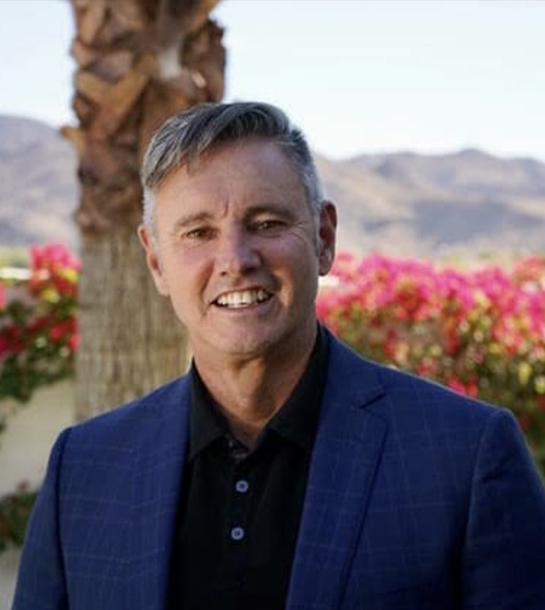
It is hard to witness a loved one’s life falling apart due to substance abuse. Trying to reason with the person—whether pleading, begging, sobbing, or yelling—may have fallen on deaf ears. Hopefully, at some point the loved one sees the light and agrees to get treatment for the addiction.
Others may be stuck in denial. They still believe they are in control. Some may know their substance problem is out of control but are terrified of detox and rehab. Meanwhile, both the addict and their family continue to suffer. A loved one who’s not open to getting treatment will see the negative consequences continue to mount. It is then that the time is right to consider an intervention.
Families initially attempt to confront the loved one by hosting and intervention themselves without professional guidance. Sadly, the outcome will most likely not be what they were hoping for. In fact, it could even make matters worse. That is typically when professional intervention services are needed.
You want the best chance for a positive outcome with your loved one saying ‘yes’ to rehab. Ken Seeley and his team have staged hundreds of successful interventions. They’ve been trained over decades in managing the issues and intense feelings that are common during an intervention.
Ken Seeley has been a regular on A&E’s hit series, Intervention, as well as a contributor on the major networks and cable news programs. Ken Launched his intervention services following years of working in the field of addiction treatment and recovery. His intervention style, and that of his associate interventionists, is one based on compassion and respect. He and his team use expert skills to reveal to the addict that they need help and create space for willingness to go to treatment.
Each person’s substance use story is unique. The type of substance, how long in substance abuse, and any coexisting mental heath issues are features in their story. Because of the differences, the interventionist must craft a tailored plan for each person.
The family members and close friends will first meet with the intervention specialist to share as much information as is needed. The planning will involve these steps.
After a date is set for the intervention there is a strategy involved. The group will wait until the last minute before asking their loved one to meet with them. The interventionist is at the helm and will explain how the meeting will unfold. This is simply a refresh, per the rehearsed pre-planning session.
The members of the group will have an opportunity to share their feelings before the session. They may have fears and frustrations with the addict and the interventionist can guide them through these feelings.
Emotions can be highly charged during these meetings. This is a major reason for hiring a professional to lead the intervention. These professionals are trained to maintain the forward momentum and to keep the session on track. Also, he or she can help the group better convey their feelings to the loved one. When anger flares or tears flow, the interventionist is right there to help the group move forward.
Once the group has shared their concerns and feelings the interventionist will present a treatment plan to the addict. This is when he or she will ask the person if they are ready to accept help. The addict is expected to give an answer then and there.
Sometimes the addict will decline the offer to get treatment. If so, the members of the group must follow through with the consequences they had outlined during the planning meeting. If he or she agrees to get treatment, then the group will support them to prepare for rehab. They will offer their support both during rehab and in recovery.
An effective interventionist can be profoundly inspiring, motivating the addict to want to restore their health and wellbeing and reclaim their life. Contact Ken Seeley Communities and Rehab today.
A successful intervention not only ensures the safety of the addict but also guides them into a treatment center that precisely meets their unique needs, initiating a pivotal step towards recovery. Meanwhile, this process provides much-needed relief and a starting point for healing for the loved ones involved. If this resonates with your search for help, we encourage you to reach out to us at any time for support and guidance.
"*" indicates required fields
We accept most private health insurance plans to help reduce out of pocket expenses. Call our Admissions Team to receive a free insurance check and we will review your insurance plan
substance abuse coverage with you.
Provider ID 330116BP
Expiration Date: 12/31/2024
Provider ID 330116BP
Expiration Date: 12/31/2024
Provider ID 330116BP
Expiration Date: 12/31/2024